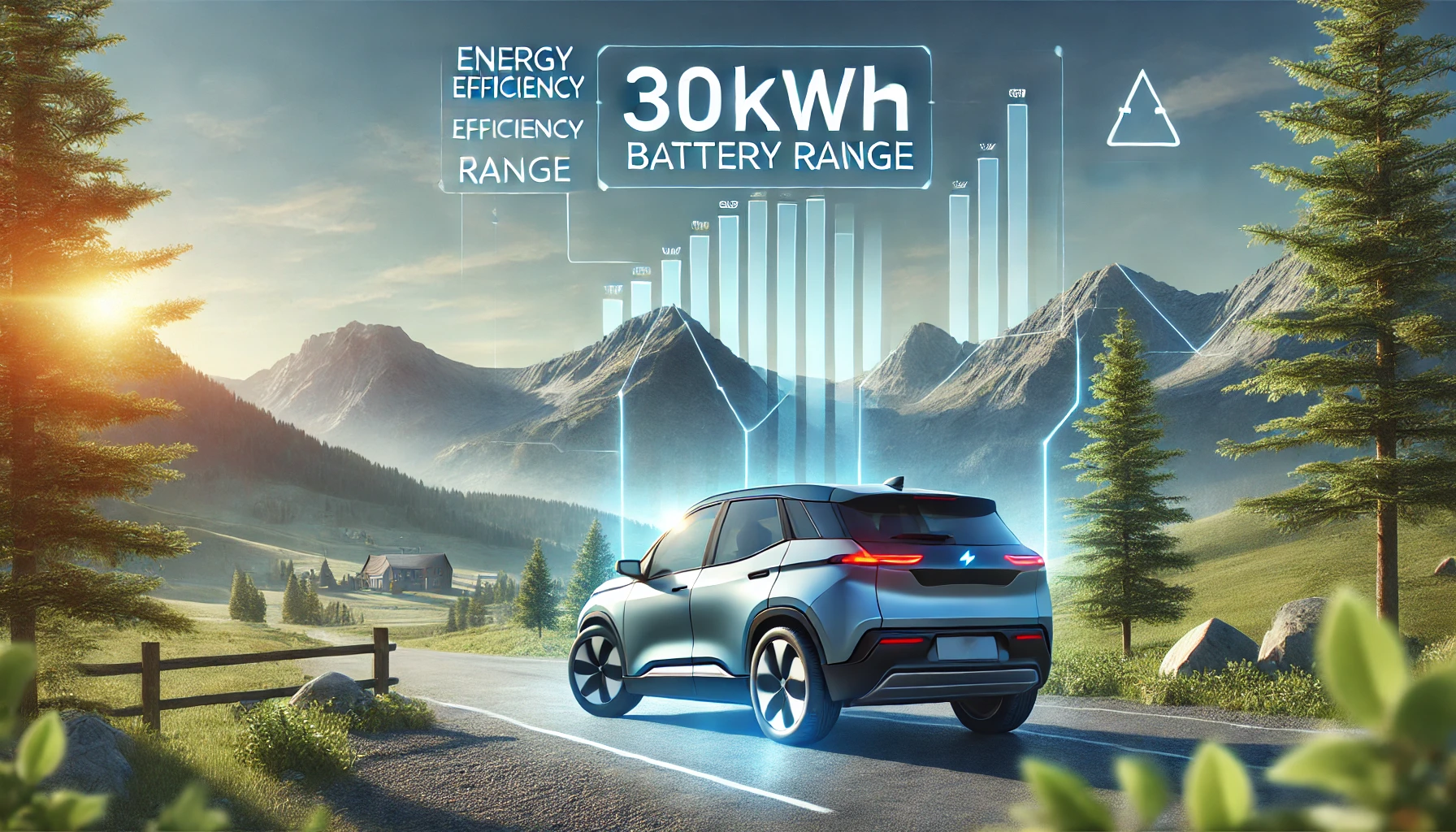What is a 30kWh Battery?
A 30kWh battery refers to a battery with a storage capacity of 30 kilowatt-hours. This metric indicates 30kwh battery run how long. Such batteries are commonly used in electric vehicles (EVs), renewable energy setups, and portable power systems.
Read Also: How To Get And Own A Dirt Bike At 14? Find Out Now
Common Uses of 30kWh Batteries
From powering electric cars to serving as backup systems for homes and businesses, 30kWh batteries have versatile applications. Their capacity makes them suitable for medium-scale energy needs, offering both convenience and efficiency.
Factors Influencing Battery Runtime
Device Power Consumption
The amount of power consumed by a device directly affects how long the battery will last. Devices with higher energy demands will drain the battery faster.
Efficiency of the Battery
Not all energy stored in a battery is available for use due to inefficiencies like heat loss during charging and discharging cycles.
Environmental Conditions
Extreme temperatures can reduce battery efficiency, impacting the runtime. Cold weather often shortens battery life, while excessive heat can damage internal components.
How to Calculate Runtime for a 30kwh Battery Run
Understanding Watt-hours and Kilowatt-hours
Watt-hours (Wh) and kilowatt-hours (kWh) measure energy usage over time. A kilowatt-hour equals 1,000 watt-hours, offering a standard for larger energy systems.
Formula for Calculating Runtime
To estimate runtime:
Runtime (hours)=Battery Capacity (Wh)Device Power Consumption (W)\text{Runtime (hours)} = \frac{\text{Battery Capacity (Wh)}}{\text{Device Power Consumption (W)}}
Example Calculation
Let’s say you’re running a device that consumes 1,500 watts continuously. A 30kWh battery would last approximately:
Runtime=30,0001,500=20 hours\text{Runtime} = \frac{30,000}{1,500} = 20 \text{ hours}
Read Also: How To Get And Own A Dirt Bike At 14? Find Out Now
Average Runtime for Common Devices
Electric Vehicles
For EVs, a 30kWh battery typically provides a driving range of 100-150 miles, depending on vehicle efficiency and driving conditions.
Home Appliances
This battery could power a 1,000W refrigerator for about 30 hours or a 100W light bulb for 300 hours.
Solar Power Systems
In solar setups, a 30kWh battery can serve as a reliable backup, supplying energy during the night or cloudy days.
Improving Battery Efficiency
Proper Charging Practices
Avoid overcharging or fully draining the battery, as this can degrade its lifespan.
Managing Device Usage
Turn off unnecessary features or devices to minimize energy consumption.
Regular Maintenance Tips
Clean terminals, monitor for damage, and update firmware (if applicable) to maintain optimal performance.
The Role of Technology in Battery Performance
Advances in Battery Chemistry
Lithium-ion and solid-state batteries are paving the way for higher capacities, faster charging, and improved durability.
Smart Battery Management Systems (BMS)
Modern BMS can optimize charge cycles, balance cells, and prevent overheating, extending the life of the battery.
Read Also: How To Get And Own A Dirt Bike At 14? Find Out Now
Conclusion
A 30kWh battery offers significant energy storage for various applications, from EVs to home power systems. Its runtime depends on factors like device power consumption, battery efficiency, and environmental conditions. By calculating your specific energy needs and adopting best practices, you can maximize the performance and lifespan of your battery.
FAQs
1. How long does a fully charged 30kWh battery last?
It depends on the power demand of the connected devices. For example, a 30kWh battery can power a 1,500W device for about 20 hours.
2. Can you extend the runtime of a 30kWh battery?
Yes, by using energy-efficient devices, proper charging methods, and regular maintenance.
3. What are the limitations of a 30kWh battery?
The primary limitations include reduced performance in extreme temperatures and potential degradation over time with improper usage.
4. Are 30kWh batteries environmentally friendly?
While they are a cleaner energy option compared to fossil fuels, their production and recycling processes can impact the environment.
5. What are the costs of replacing a 30kWh battery?
Replacement costs vary but typically range from $3,000 to $10,000, depending on the type and brand.




